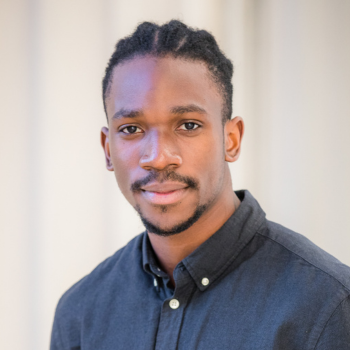
The art of balance: A myth or reality?
Lessons from a third year PhD student
As a graduate student at MIT, the concept of balance is often discussed as something we should strive for. But is it truly achievable? Can we truly balance our academic responsibilities, research projects, and personal lives?
As someone who enjoys nature, exercise, traveling, cooking, and other non-research related activities, I was curious to find a way to incorporate all of these things into my life. In my first year as a graduate student, I remember talking to an older graduate student about work-life balance. Their answer could be summarized in one short sentence: “I do what I have to do,” meaning they showed up to the lab every day if needed, stayed in the lab past 8pm if needed, and truly did what was needed. I wondered what cost it would require to truly ‘do what I need to do’ each and every day. When and where do you draw the line? Determined to prove that balance was indeed possible, I set out to create a schedule that would allow me to do all the things I love. I would go to bed at 9:30 pm, wake up before the dawn of day to meditate, read scriptures, exercise, eat a healthy breakfast, and be productive with academic as well as research work from 9 – 5pm. However, as deadlines pressed on me, I found that my stiff routine was not sustainable, and I quickly became more lenient with the routines I had set up. Some days I would get in a 15-minute workout at home instead of an hour at the gym or spend a couple of late nights working on research questions or ridiculous problem sets. 9am-5pm quickly turned into 5am-9pm.
Figure 1. Attempting to do an L-sit, an exercise which requires balance.
In reflection, I can see that balance is a myth. It is impossible to evenly distribute our time and energy between all aspects of our lives. Instead, we must learn to prioritize and manage our time effectively. This effective prioritization means understanding the importance of self-care and setting boundaries. It also means being honest with ourselves about what we can and cannot handle, which includes saying no to some tasks, and also being willing to ask for help when needed. This is my version of “ I do what I have to do”.
One of the biggest challenges for graduate students is balancing the demands of our academic and research responsibilities with our personal lives. We often feel like we should constantly be working, but this can lead to burnout and a loss of motivation. It is important to schedule time for ourselves, whether it be for hobbies, exercise, or just relaxing. This time away from research will not only improve our mental and physical well-being, but it will also make us more productive when we return to our work. It is important to remember that balance is not a static state. It is constantly shifting and changing as our lives and priorities change. What may have been a good balance for us in one semester may not be the same in the next. We must be willing to adapt and adjust as needed.
As a third year Ph.D. student, I’ve come to appreciate the delicate dance between academic rigor and personal well-being. Acknowledging that it’s perfectly acceptable to decline evening social invitations or grant myself the luxury of extra rest on a demanding Tuesday has been a liberating revelation. The reality is, staying committed and burning the midnight oil in the lab isn’t the end of the world; it’s a testament to dedication and perseverance. The notion of finding a perfect equilibrium is more of an aspirational pursuit than a concrete reality. It is a continuous journey that demands self-awareness, the establishment of clear boundaries, and a readiness to adapt and evolve as circumstances dictate. Prioritizing well-being over an elusive sense of balance underscores the wisdom that quality takes precedence over quantity. Armed with these insights, we navigate the intricate landscape of time and energy management, ensuring a meaningful and enriching graduate student experience here at MIT.
Share this post:
